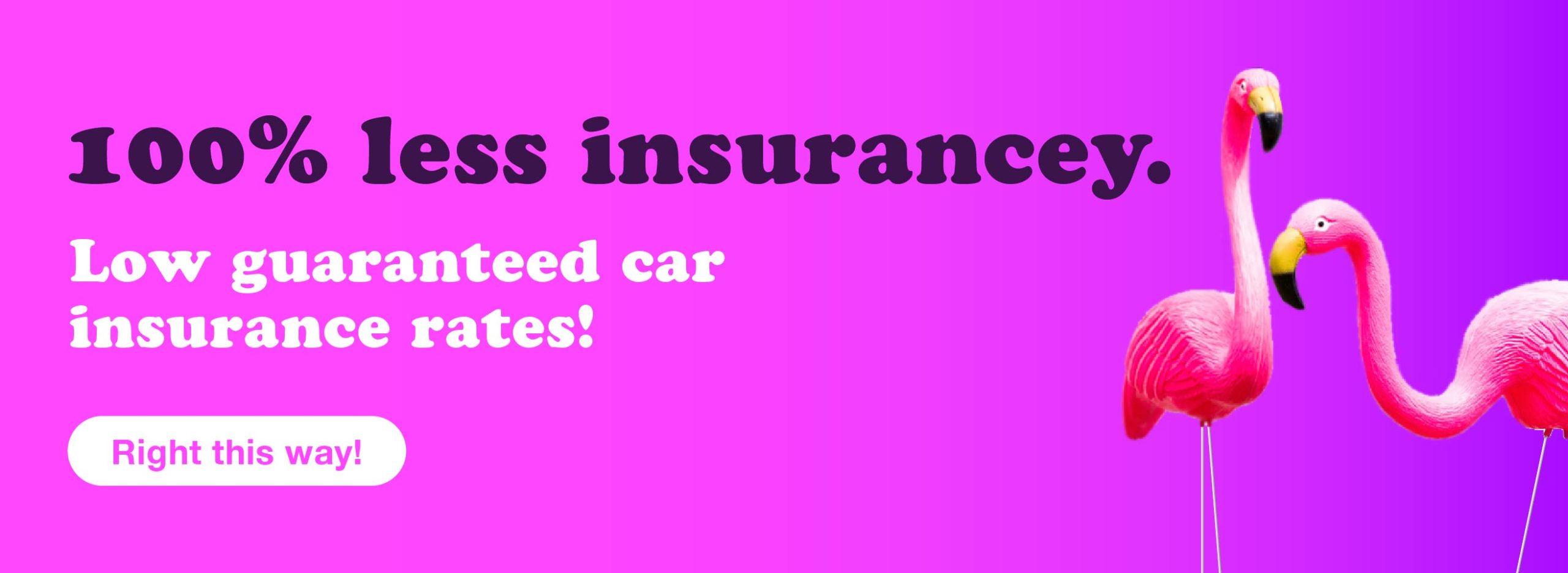Accidents happen to us all, and sometimes there’s no getting around one. That’s why accident forgiveness in Ontario exists. It’s a handy rider that good drivers can add to their car insurance policies to protect themselves from raised rates due to an at-fault accident—but it’s not available to everyone.
No one likes to see their premiums increase after driving well for years on end. The Ontario Insurance Act actually prevents companies from increasing rates for minor collisions under $2,000 in damage with zero injuries (for everything that occurred in July 2016 or later), but some accidents do exceed that limit. Insurers can allocate a level of fault to a certain driver between 0% and 100%. Anything above 25% could lead to an increased premium for damages over $2,000, depending on how much responsibility that driver bears for the accident in question.
So what if you’re not found to be at fault? In that case, your rates won’t increase after the accident. But with over 160,000 car accidents happening in Canada every year, most people feel their wallet is much safer knowing they have an extra layer of protection… just in case.
We’ve talked about how your auto insurance premiums might be impacted by an at-fault accident before, but here we’re going to dive into how your accident forgiveness actually works.
How does accident forgiveness in Ontario work?
There are three important things you should understand about accident forgiveness:
- Accident forgiveness isn’t included in a standard auto insurance policy. It’s a “rider” (an add-on) that carries its own cost. Never just assume that you have it—always check your policy!
- Accident forgiveness only stops your insurance rates from rising due to a single and specific incident. It does not help you with any charges under the Ontario Highway Traffic Act, like careless driving. In fact, accident forgiveness won’t even apply if you’re charged with a major driving conviction.
- The third and final thing you should know about accident forgiveness is that not everyone can qualify for it. When you apply for the coverage, either when you first sign up for your auto insurance or when your car insurance renewal comes around, your insurer or broker will evaluate your driving record to see if you can get it.
Drivers with clean records are usually able to qualify for it. The duration of your clean record is also a factor. A driver without an accident on record for 6 years will have a much better chance of qualifying for it than a driver whose last accident was 4 years ago.
Ask one of our brokers about getting this coverage if you’re also covered by Uber insurance as a part-time driver. Accident forgiveness is excellent but it’s usually just for personal policies, not commercial ones. It pays to know if you can get coverage in every kind of situation!

Does my accident forgiveness cover me if I’m at-fault?
Of course! Every baseline auto policy comes with a component that covers you for third-party liability insurance, which is what pays your legal fees up to the amount you chose when you set up the policy. The key difference with accident forgiveness coverage is that your insurer won’t raise your rates on account of that particular at-fault accident. Good, safe drivers were getting tired of being punished for having one honest accident, and insurance companies came up with a solution.
That’s just part of how car insurance works.
Pro tip: only your first at-fault accident is forgiven, and it is not erased from your driving record. Other companies will be able to see it and consider that same at-fault collision in calculating a rate for you if you were to switch providers.
It’s also worth noting that your policy’s coverage limits still apply with accident forgiveness as one of the 5 parts of an insurance policy. For example: if your policy only covers $1,000,000 in liability but you’re found to be at fault for an accident that cost $1,200,000 in legal fees, then accident forgiveness wouldn’t cover you from paying that remaining $200,000.
Is it worth getting accident forgiveness in Ontario?
We’d recommend it if you have a good driving history, since it offers an extra layer of protection against rising rates in case you’d ever need it. Just remember that you’d need collision coverage or comprehensive coverage to cover the cost of repairing or replacing the vehicle itself.
There is a trade-off: is the extra money you spend on accident forgiveness going to outweigh higher rates in the future? If we had a crystal ball, we’d tell you! This is the next-best thing. It’s also particularly handy if you like to keep a consistent budget, especially with a family. You know exactly what you’re getting, which makes it that much easier to plan for the future.
What doesn’t accident forgiveness cover?
Accident forgiveness in Ontario only covers what the insurance company can control—which is to say they won’t increase your premiums or cancel your policy. Here’s what it does not cover:
- Demerit points
- Charges against the Ontario Highway Traffic Act (as mentioned above).
- Secondary drivers (depending on the insurer).
- Any accident beyond your first (until you keep a clean record for long enough).
- Commercial vehicles—it’s for personal policies only.
Some companies have specific rules and restrictions as well, such as a qualifying period, so be sure to discuss the details with your insurance representative.
How long does it take for accident forgiveness to reset?
Each company has a different waiting period for your accident forgiveness to reset. Typically, you need to have an accident-free driving record of about 6 years to qualify again.
Keep in mind that switching providers doesn’t necessarily work, either. When you switch to another insurance company, you cannot transfer accident forgiveness. They will re-evaluate your driving record and probably ask you how many years you’ve been driving accident-free, too.
That’s the skinny on accident forgiveness! Start a 3-minute quote to see if you qualify, or just hop on a call with one of our brokers to walk you through it.






